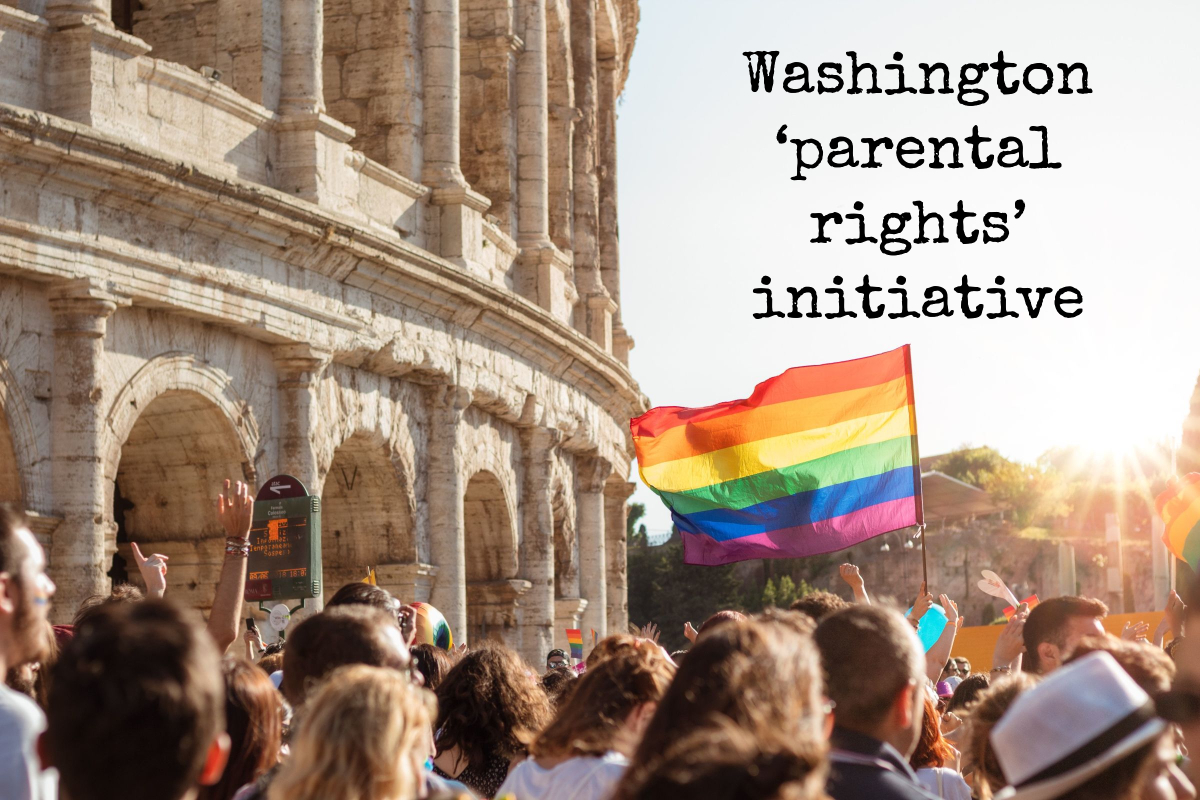Lawsuit Challenges Washington’s ‘Parental Rights’ Initiative: What’s at Stake?
A recent lawsuit aims to block Washington’s ‘Parental Rights’ initiative, sparking debate and controversy across the state. This initiative, if passed, would grant parents more control over their children’s education and health care decisions. However, opponents argue it could have harmful consequences for children and marginalized communities.
Why the Lawsuit Seeks to Block the Initiative
The lawsuit against the ‘Parental Rights’ initiative argues that it infringes on existing laws and protections designed to safeguard children. Critics claim the initiative is vaguely worded, which could lead to unintended consequences. They fear it might undermine state and federal laws that protect children’s rights, particularly in matters of health care and education.
Opponents also argue that the initiative could give parents the power to refuse certain medical treatments or opt their children out of critical educational content, such as sex education or teachings about diversity and inclusion. This could leave children vulnerable and deny them essential information and care.
Who Will It Affect?
If the initiative passes, it will significantly impact several groups:
- Children: The primary concern is for the well-being of children. Critics worry that the initiative could allow parents to make decisions that might not be in the best interest of their children’s health and education. For instance, children might miss out on important vaccinations or health care, and their understanding of diverse perspectives and social issues might be limited.
- Educators and Schools: Teachers and school administrators could face increased challenges in delivering a comprehensive education. They might have to navigate conflicts with parents over curriculum content and face legal uncertainties about what they are allowed to teach.
- Health Care Providers: Doctors and medical professionals might encounter difficulties in providing necessary care to minors if parents have increased authority to decline treatments. This could lead to ethical dilemmas and potentially put children’s health at risk.
Who Will It Harm?
The potential harm from this initiative is most likely to affect marginalized communities. Children from these communities might be disproportionately impacted if their parents opt them out of important educational programs or medical treatments. This could exacerbate existing inequalities and hinder efforts to promote diversity and inclusion in schools.
Additionally, the initiative could strain relationships between parents and educators, leading to a more contentious environment in schools. Health care providers might also face increased legal and ethical challenges, complicating their ability to provide the best care for their young patients.
Who Will It Benefit?
Supporters of the initiative argue that it will benefit parents by giving them more control over their children’s upbringing. They believe parents should have the final say in what their children learn and the medical treatments they receive. For some, this represents a fundamental right and aligns with their values and beliefs about family autonomy.
Why Is It Controversial?
The ‘Parental Rights’ initiative is controversial because it touches on deeply held beliefs about the role of parents, the state, and individual rights. Proponents see it as a necessary measure to protect parental authority and family values. They argue that parents know what is best for their children and should have the freedom to make decisions without government interference.
Opponents, however, contend that the initiative could jeopardize the rights and well-being of children. They believe that certain protections are necessary to ensure all children receive adequate education and health care, regardless of their parents’ beliefs. The vagueness of the initiative’s language also raises concerns about how it will be implemented and the potential for abuse.
Conclusion
The lawsuit to block Washington’s ‘Parental Rights’ initiative highlights the complex and contentious nature of balancing parental authority with child protection. As the debate continues, it is crucial to consider the potential impacts on children, educators, health care providers, and the broader community. Ensuring the well-being of all children while respecting parental rights will require careful consideration and dialogue from all stakeholders involved.


